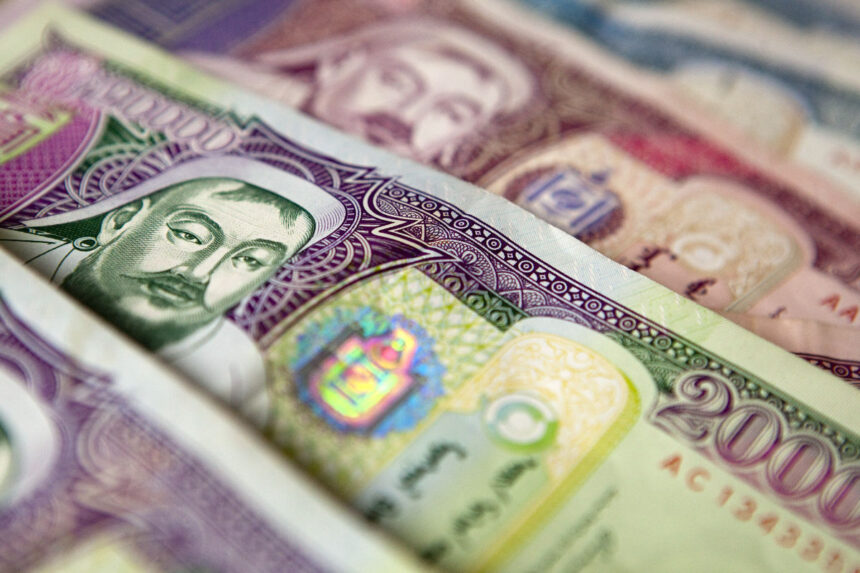Its well-known brand name companies, rather than its political leaders, that better represent the strength and economic power of a country.
While political leaders in a democratic country are replaced every four years or eight years at most, prominent companies around the world have many years of history. Those companies are highly profitable and they hire many people, pay taxes, and update city landscapes by building modern buildings and structures using the latest technology.
Every country has dozens of its own well-known manufacturing companies that produce brand products just like the United States has General Electric, Boeing, Coca-Cola, and Pepsi-Cola, Germany has Mercedes-Benz, and Finland has Nokia.
However, the main pillars of almost all countries’ economies are small and medium enterprises where most of the labor force is employed. They are the companies whose sales turnover and headcount are small and medium-sized. These companies are sometimes called the, “backbone of the economy”.
Big, small, and medium companies combined are the main driving force of development. Therefore, accurate information about them, the outlook of their business practices and competitiveness are important indicators of the economic health of a country.
In Mongolia 40% of economic entities are not operating and it is unclear if they still exist at all. According to a census in October 2011, there were a total of 66.5 thousand organizations nationwide, 56.4 thousand of which were economic entities, 4000 were government organizations and 6000 were non-governmental organizations. Around 68.6% of all economic entities or 45.6 thousand of them are located in Ulaanbaatar alone.
The National Statistics Office has stated that 85% of economic entities and organizations employed up to nine people. If 40% of those organizations do not operate and have only one person or the boss employed, then that number, 9, is not accurate – it is just another statistical average.
The total number of economic entities and organizations increased by 20,000 in last three months prior to end of January and reached 88,000. This happened only because there was a discussion in Parliament about giving 10% of Tavan Tolgoi shares to private companies at a nominal price.
The Government of Mongolia is promising free money and, not only people, but also companies are becoming dependent on the Government. A clear display of this bizarre trend is those people who are leaving their private companies to get into politics and donating large amounts of money to political parties in order to get promoted to higher political positions or run for the elections at different administrative offices.
Companies that have stopped operating have been given “x” or “checked mark” reports every quarter. For many it has become unclear about where the owners of most of those companies are and what they are doing. Furthermore, it is said that some people own 100 companies, every one of which has a license for mining or some special permission requiring authorization. It has become a popular trend that, when owners of companies sell their special licenses and permissions of mineral exploration and exploitation, they sell their whole company with them in order to avoid all possible taxes.
Only 1 million MNT (USD 850) is needed to establish a company, but it more expensive to register them, pay tax forms, shut down companies or deregister them. Because of this, it is much cheaper to just abandon the companies instead of closing them down or bankrupting them.
Companies also have the right to bring in 2-3 people from abroad for every company that is registered. Companies claim that those foreigners are supposed to be the company’s owner or CEO, but they are making them do hard labor. It is just another way of avoiding taxes on hiring foreign workers.
The existence of thousands of such ghost companies proves that the Government of Mongolia is failing to fulfill its duty.
There is no operational relationship between the ministries and agencies. As a result, the grey economy is expanding, companies that pay taxes are suffering while the ones that do not are profiting, cash turnover outside of the banking system is increasing, corruption is spreading and another condition that fuels inflation is being created.
There are more and more tax exemptions and incomprehensible taxes, the main purposes of which are forgotten, and it is becoming unclear what law serves whom. For example, big companies that pay the value added tax (VAT) constantly register what they paid so that they can get it refunded back while most companies that do not pay the VAT cannot get back what is paid for taxes.
If a sales tax, maybe 5%, is introduced instead the VAT, 10%, and a certain amount of money from the total amount paid for food is given back to people who have low incomes, it will be clear who is selling what. If some purchases, especially those that involve domestic products, were excluded from taxes, it would benefit both sides, the one who purchased and the one who sold. We can regulate some supply domestically without forcing laws at customs.
Ghost companies are always included in the tax collection plan, however it not possible to find them. So instead of chasing after ghosts, tax inspectors have been focusing more on companies that pay taxes anyway in order to squeeze them.
Even though the Government promises to make its services better, have fewer rules, interconnect its databases and improve the registration system, we have not seen a substantial change in years. At the cost of only five of those big cars our authorities ride in, all our databases could be connected and, if it is done, a great amount of time and money can be saved. Our Government officials already know this, but the fact that they are doing nothing about it suggests that their hidden income in the form of bribes is more important to them.
Translated by B.AMAR







